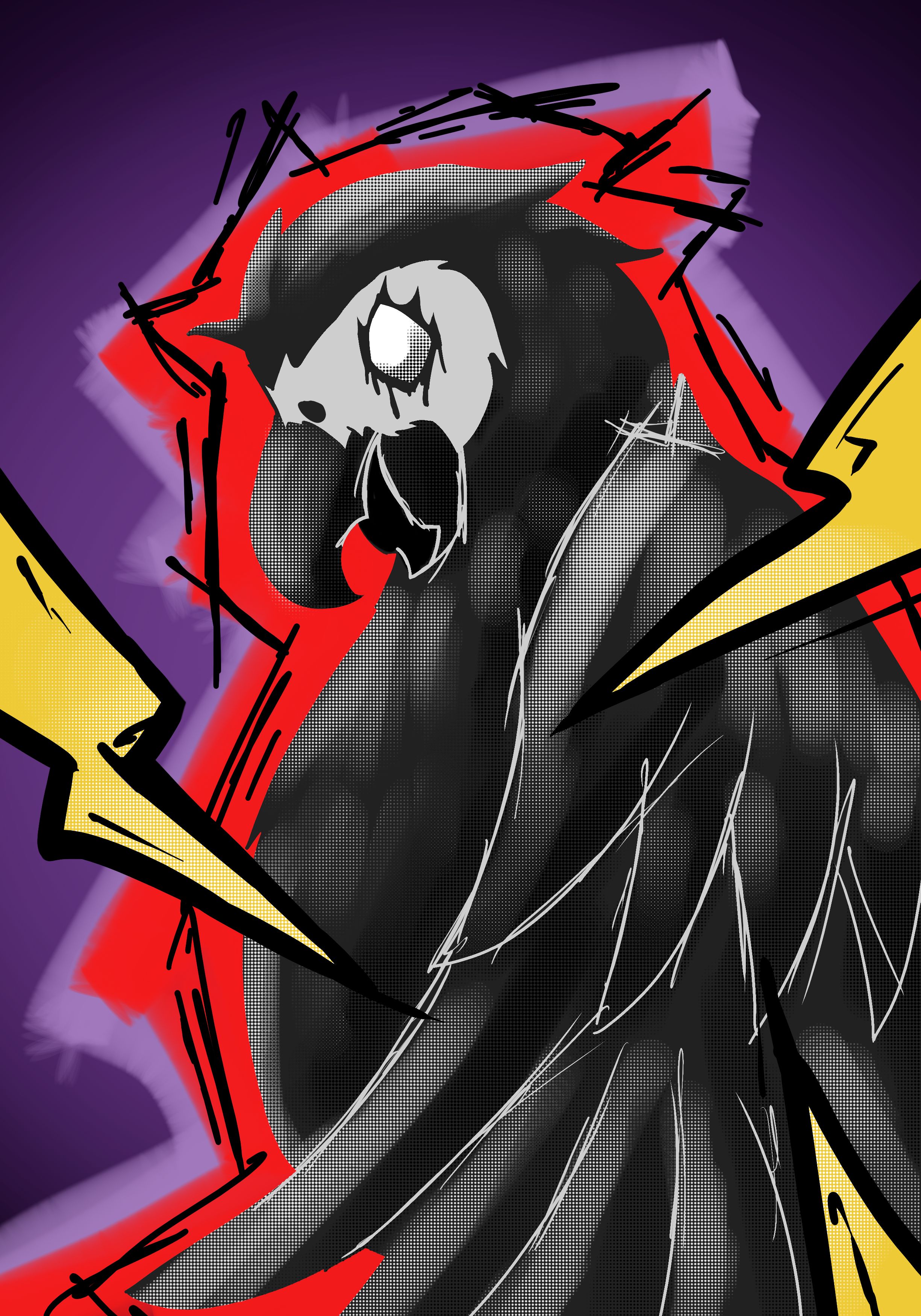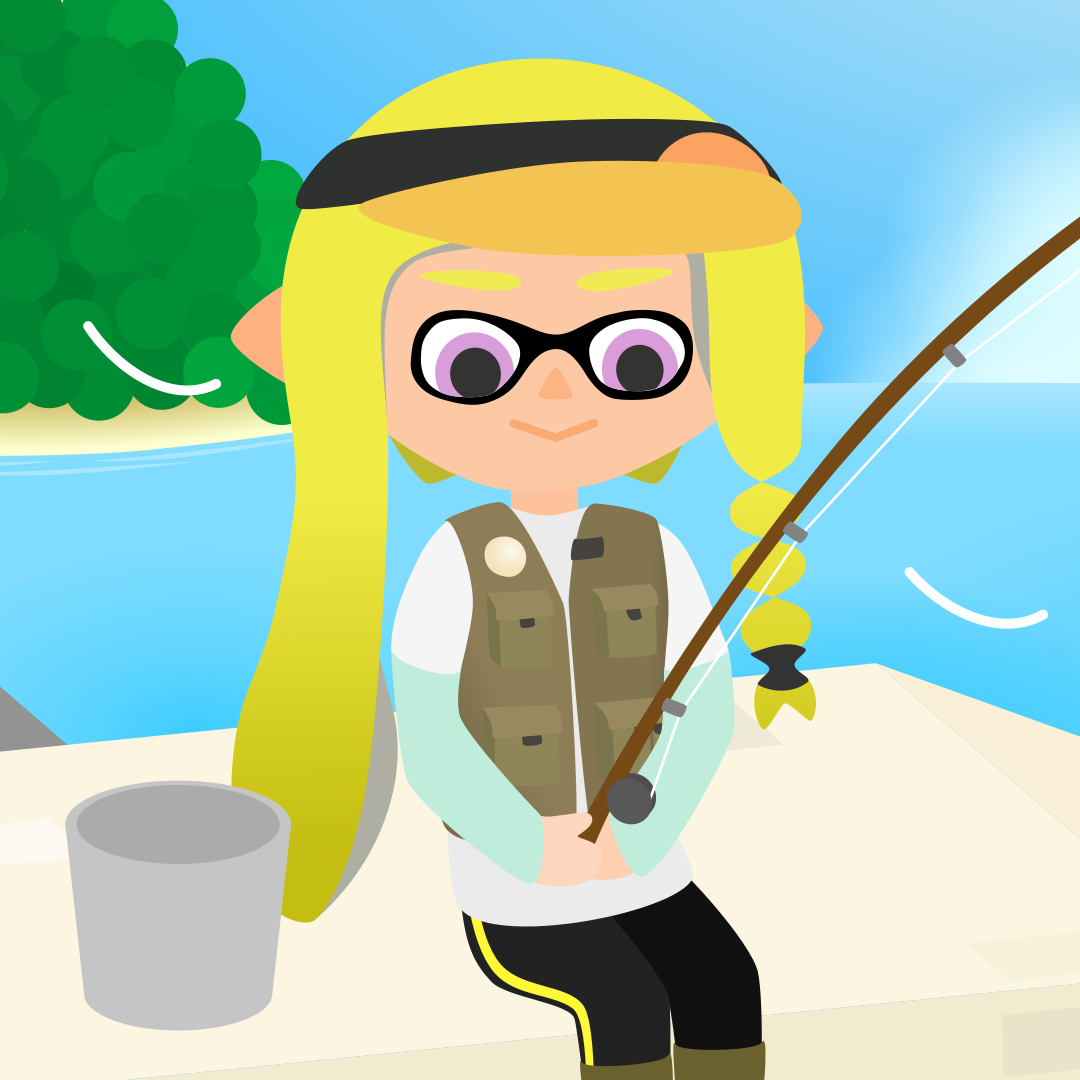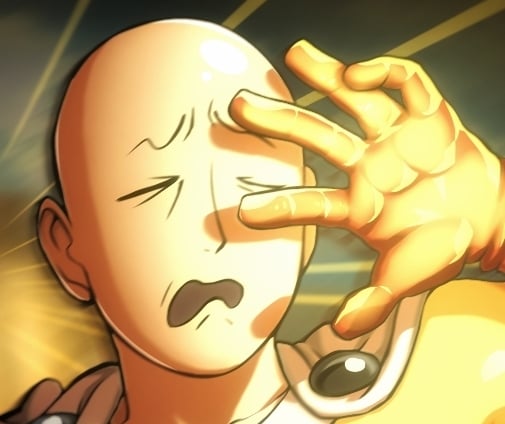In German it’s Mäusespeck = Mouse Bacon
In Icelandic it’s sykurpúði = sugar cushion 😄
I love this so much!
This one I can really get behind
We call it 棉花糖 in Chinese, which translates to cotton candy… Which gets confusing if we’re also talking about cotton candy (the fluffy kind).
Where are you from? I associate that word with cotton Candy but cannot for the life of me think of what a marshmallow is
HK. Yeah, if you asked me out of the blue what 棉花糖 is I would’ve said cotton candy first but I also had a vague memory of calling marshmallow that too. I had to confirm it with Wikipedia lol.
Hello fellow Hongkonger
Same in Taiwan!
Do you have a different name for the fluffy cotton candy?
No it’s the same. Then again I can’t recall seeing any marshmallow on the shelves when I visit home. I don’t think it’s a common snack in Taiwan but I could be wrong!
Malvaviscos. En español.
Maybe in your country, but I think in most of hispanic would a Bombom or bonbon or whatever, is a chocolate ball.
Cognate with “Mallow hibiscus”. It’s all the swamp flower in the end. The marshmallow plant sap was originally used to make them.
pillecukor. altough, we really have one kind of marshmallow here, and it’s not the one you put into a bonfire or your hot chocolate
In English we call it “Marshmallow”.
We call it the same in Canada! That’s crazy!
Same in American!
Same in Albanian Sign Language!
Get oot. That can’t be right.
What a mysterious and beautiful language.
I mean, “marshmallow” has a more interesting derivation than most of the other words I’ve seen so far.
Althaea officinalis, the marsh mallow or marshmallow, is a species of flowering plant indigenous to Europe, Western Asia and North Africa, which is used in herbalism and as an ornamental plant. A confection made from the root since ancient Egyptian times evolved into today’s marshmallow treat.
I find this really interesting especially considered I never gave much thought to how they were produced. I guess I assumed they were just sugar and some other common ingredients.
I don’t think modern marshmellows contain any marsh mellow. They are usually just water, sugar and gelatine. They are easy to make at home, fun project if you have kids
technically their called bezele but in reality we just call them marshmellows most of the time as thats what written on the packaging
Smello 👃
In Dutch it’s also marshmallows, but also commonly spek (bacon), spekjes (bacon pieces) or spekkies (in this case it’s clear you’re not talking about bacon).
In our local dialect it’s “nunnebiln” ~ nonnenbillen, which I’d translate to nuns buttocks.
We also have nuns farts, but that’s another sweet for another day 😆
Can it please be another day already? I want to be initiated in the world of nun’s farts.
Haha. They are a kind of small profiteroles with whipped cream.
Because, well, a nuns farts would be white of course.
Now you have me curious since this is the second language, why bacon?
Just a guess… They are both made from bits of a pig.
The original candy looked like this: https://cdn.webshopapp.com/shops/282420/files/297921342/890x820x1/confiserie-a-lancienne-spekjes-roze-wit-doos-2-kg.jpg
Which with some imagination can be similar to bits of bacon. Marshmallows are somewhat similar candy so the name is used for that too at times.
deleted by creator
Julle Nederlanders is maar 'n vreemde volk :p
In our local dialect it’s “nunnebiln” ~ nonnenbillen, which I’d translate to nuns buttocks.
We also have nuns farts, but that’s another sweet for another day 😆
I Italian they are just “marshmallows”, but interesting enough, in the Ghostbuster film Italian’s dub it was translated with “gnocchi di lichene”.
I’m Italian and I don’t have the minimum idea of what the hell is a lichene.
Nice username. I’m seeing them in concert next month!
“Spekje” in Dutch
In Mexican Spanish they’re known as “bombones”.
Yeah I wonder which word was used first.
Mályvacukor (hungarian) - translates to mallow candy / mallow sugar
We called it ‘pillecukor’.
Yepp. And for the non-hungarian speakers: “pille” is a synonym for “pehely” which is the flake part from e.g. snowflake.
So basically sugarflake.
Mályva is closer to the original latin Malva than even most romance languages do.























